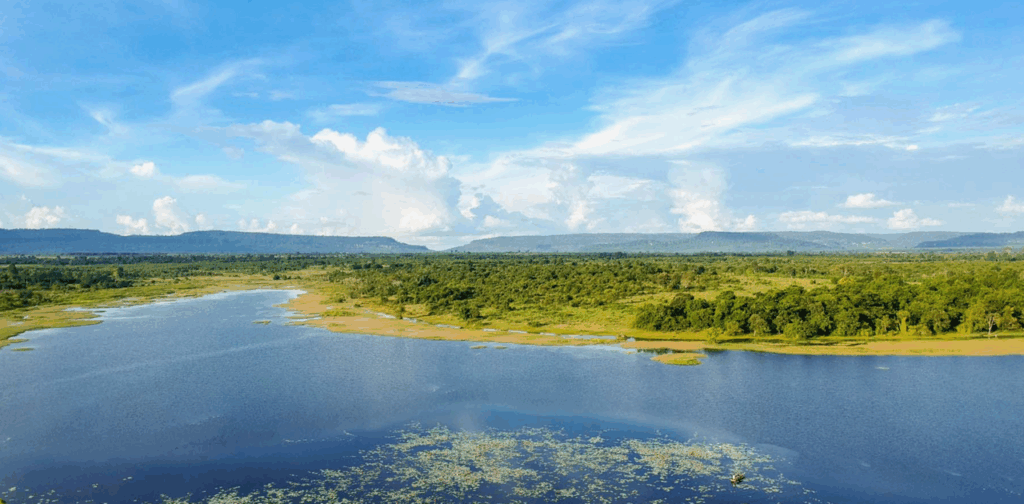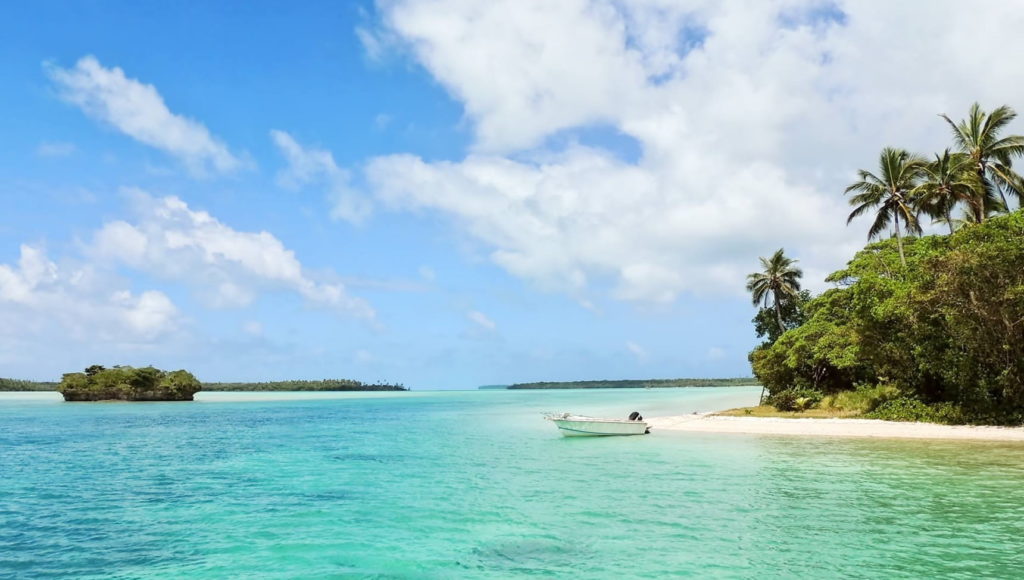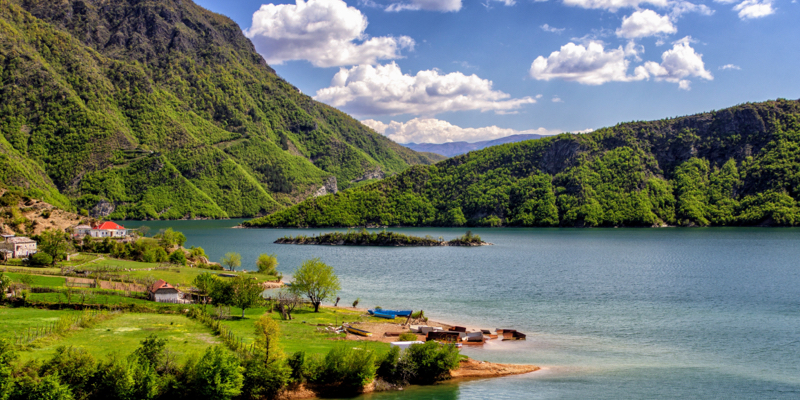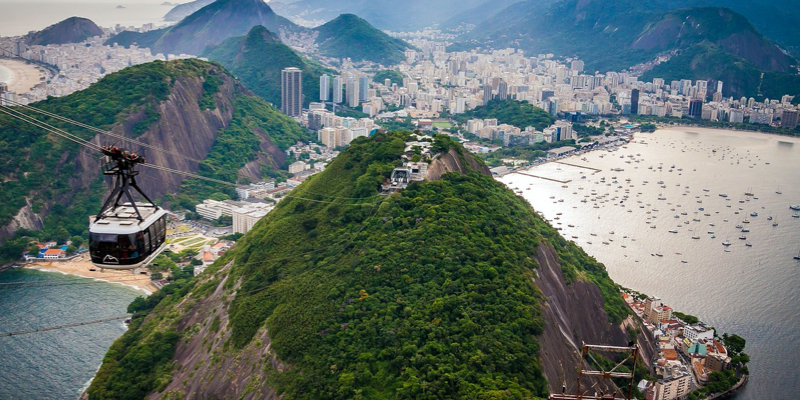- Sector : Urban Development Solutions
- Location : Cambodia

Overview
Located 45 minutes from Angkor Wat, the Song Saa Reserve is a pioneering sustainable development project redefining responsible high-end tourism in Siem Reap. A sister initiative to the award-winning Song Saa Private Island, the Reserve is designed to be a global benchmark for regenerative travel—merging commercial development with social equity, conservation, and climate action.
Led by the Song Saa Foundation (SSF)—an independently registered nonprofit with 20 years of on-the-ground experience in Cambodia—the project integrates ecological restoration, biodiversity protection, and inclusive development into its core design. Programs already underway include the One Million Tree Reforestation Program, large-scale wetland and lake restoration, and biodiversity rewilding, alongside community-driven livelihood and resilience initiatives.
The Challenge
Siem Reap’s ecosystems have suffered decades of pressure from unsustainable fishing, deforestation, and conflict, leaving forests fragmented and biodiversity diminished. The Reserve’s 156-hectare site was once covered in primary forest but had been heavily degraded prior to its acquisition. Meanwhile, the region faces mounting climate and social challenges: loss of carbon sinks, rising vulnerabilities in rural communities, and limited models of sustainable tourism that deliver tangible benefits for local people.
SSF’s response has been to combine landscape regeneration with community co-design. To date, more than 196,000 native seedlings have been propagated with a 95% success rate, establishing Cambodia’s leading private rainforest nursery—recognized by the Ministry of Environment and the World Bank as a national demonstration site. Beyond land restoration, the Foundation has played a catalytic role in regional marine protection, establishing Cambodia’s first Marine Protected Area and contributing to the creation of a 524 km2 National Marine Park. Yet, scaling these efforts requires sustained investment, technical partnerships, and climate-smart infrastructure to reduce emissions, expand waste management solutions, and formalize long-term impact monitoring.
SCF’s Involvement – Technical Assistance
SCF has delivered designed technical assistance through a comprehensive pre-feasibility study to evaluate commercial viability and regional economic development potential. The aim of the study was to validate market demand for the restor and the wider region and included:
- Strategic Context & Infrastructure Analysis covering alignment with national and provincial tourism strategies to ensure coherence and assessment of infrastructure strengths and constraints across tourism corridor to identify investment priorities and development enablers.
- Market Demand & Competitive Positioning through benchmark across comparable destinations, review of post-COVID travel trends and wellness tourism signals.
- Regional Economic Integration & Value Chain Development including identification of opportunities for nearby integrated destination development and synergies with regional initiatives including nature-based circuits, cultural immersion experiences, and eco-learning hubs to maximize economic multiplier effects.
- Financial Viability & Investment Readiness including demand forecasts and revenue projections on regional tourism flows, competitive pricing analysis, occupancy benchmarks, assessment of infrastructure readiness factors and roadmap recommendations for advancing to full feasibility, design, and investment structuring.
This pre-feasibility study provides the commercial evidence base and development pathway for sustainable tourism investment, supporting job creation, biodiversity conservation financing, and inclusive economic growth in rural communities across Southeast Asia.
Our Target Impact
The initiative promotes biodiversity regeneration, sustainable livelihoods, and climate resilience through inclusive, nature-based tourism.
-

SDG 13 Climate Action
The project is expected to restore degraded ecosystems and sequesters 11,000 tons of CO₂ annually through regenerative soil practices, reforestation, and climate-resilient land management.
-

SDG 8 Decent Work and Economic Growth
It should also generate over 300 full-time jobs across construction, hospitality, and conservation—addressing high levels of informal employment.
-

SDG 5 Gender Equality
The project is expected to promote women’s leadership and entrepreneurship in sustainability, with a goal to empower 100 women annually through capacity-building programs.
The project described above is only receiving Technical Assistance from SCF at the time of writing. There can be no guaranty that any investments will be completed or that impact targets will be achieved.


